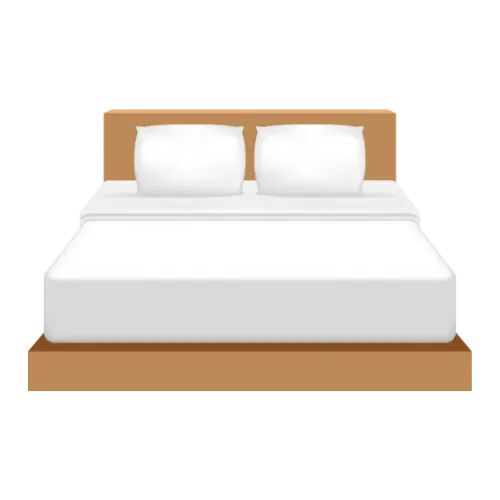Love Your Space
Turn every room into a cozy, beautiful haven you’ll never want to leave.

Cozy Up
Add charm, comfort, and personality to every corner of your space. Discover decor that reflects your style and feels just like home.
Subscribe for Updates!
Subscribe to be the first to learn about a new recipe










